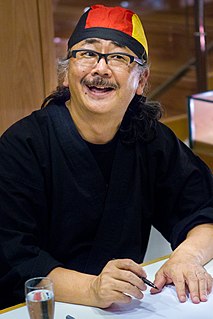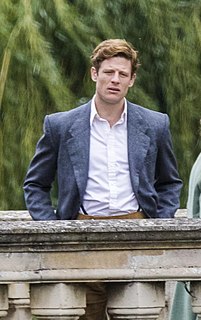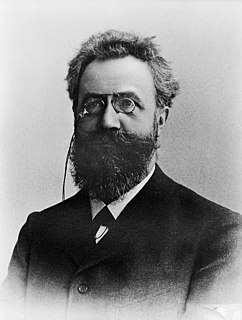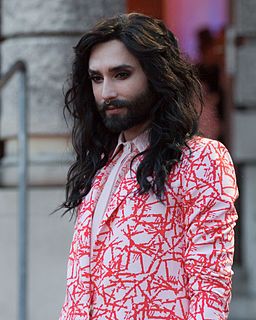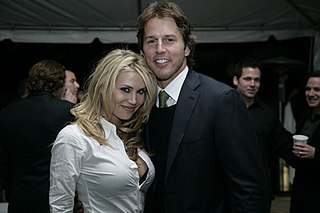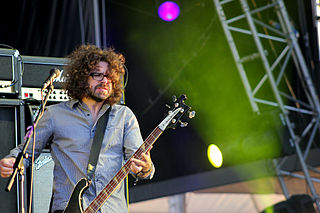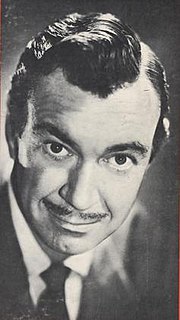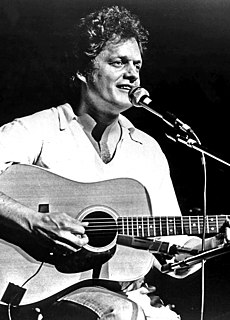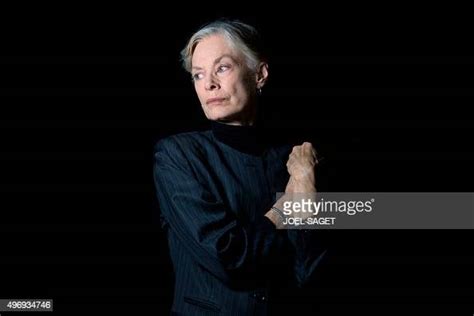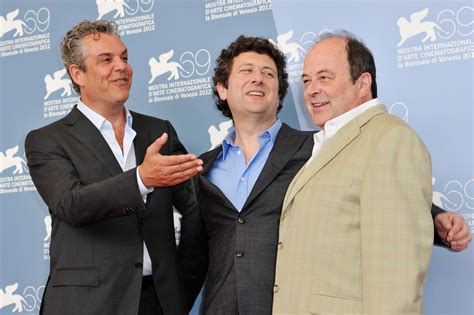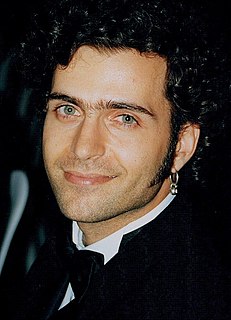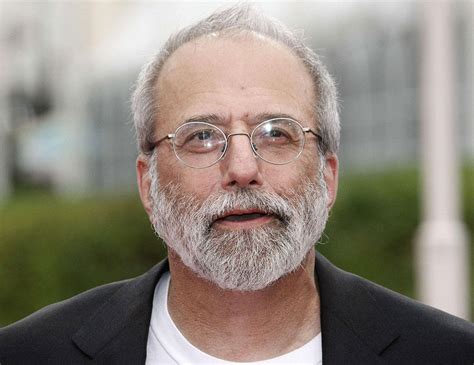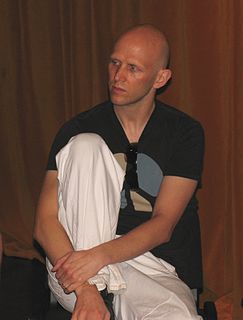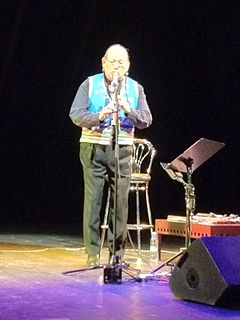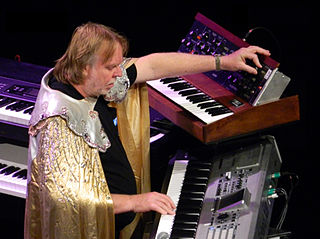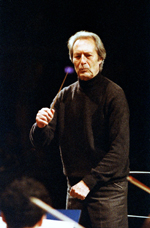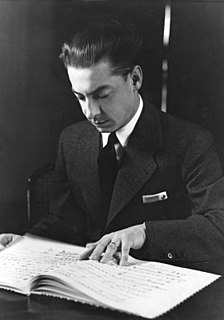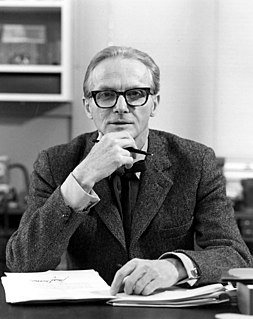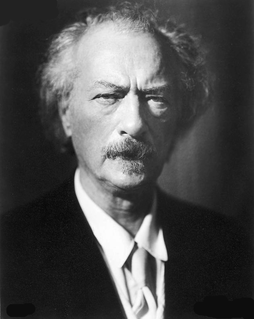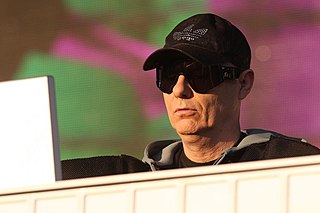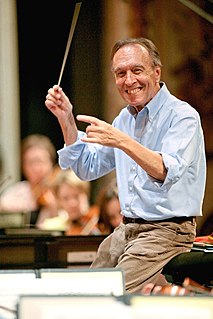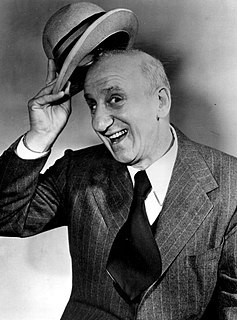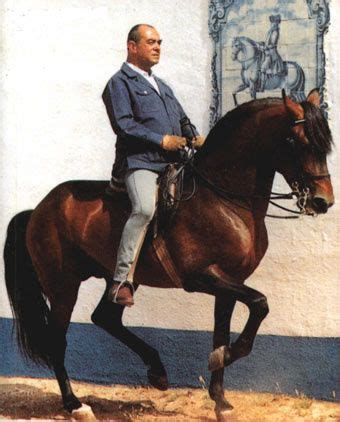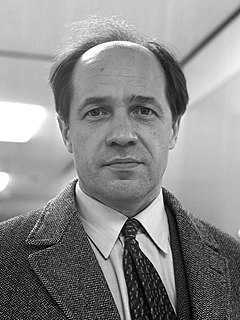Top 568 Orchestra Quotes & Sayings - Page 9
Explore popular Orchestra quotes.
Last updated on November 12, 2024.
I sometimes feel a bit embarrassed to play guitar. There's something - I don't want to sound ungrateful - but there's something very old-fashioned and traditional about it. You meet kids today whose grandparents were in punk bands, really. It's very old and traditional, But then, you know, so is an orchestra and so is the string section.
The Russians were all really accommodating, and that made it really special. To be allowed in Catherine's Summer Palace...Lily [James] and I have this scene where we fall in love and we waltz up and down this enormous gold hall with thousands of candles and a live orchestra and 300 Russian extras. To do those scenes in situ really meant it was a once-in-a-lifetime job.
And he [Louis Brandeis] talks to his young acolyte, Horace Kallen, who wrote this beautiful book called Cultural Pluralism, and he comes to believe that by being better Jews, or better members of our ethnic group, we can be better Americans, because America is like an orchestra in which identity is defined by the diversity of perspectives that we bring to the table.
Composer” is a word which here means “a person who sits in a room, muttering and humming and figuring out what notes the orchestra is going to play.” This is called composing. But last night, the Composer was not muttering. He was not humming. He was not moving, or even breathing. This is called decomposing.
What makes games so exciting is that's a whole other- there's all sorts of other considerations on what music is supposed to achieve and what you're attempting to support, it's not uncommon to think of your music and to think of the way your orchestra plays for something like Jack and Daxter where you start with- you know because it has to change tempo and intensity as the action gets more intense.
From Vienna with Love' will build a bridge across the globe from Vienna to Sydney, full of music, love and fun. I am really looking forward to performing with the Sydney Symphony Orchestra and fabulous guest artists who all have ties to Vienna and telling a story with music that inspired me and songs from my debut album.
I like large sounds and very complex sonorities, and I also tend to opt for creating a feeling of vast space. I could achieve this effect either by using a symphony orchestra, which for a dance piece is pretty much impossible these days, or by using a synthesizer on multi-channel tape and a superb sound system, to get that same sensation of expansiveness and depth.
If you're not filled back up quickly, you might collapse like a birthday balloon". I guess that's why acting is so addictive. For the director, that addiction will come from the love and trust he gets from the "orchestra", him being the conductor. That's why many directors fall in love with their leading lady/man: having someone say "how do you want me to be" is incredible.
My definition of hip hop is taking elements from many other spheres of music to make hip hop. Whether it be breakbeat, whether it be the groove and grunt of James Brown or the pickle-pop sounds of Kraftwerk or Yellow Magic Orchestra, hip hop is also part of what they call hip-house now, or trip hop, or even parts of drum n' bass.
Most of the time, I'll be conducting the orchestra, but there will be some pieces that I'll be playing an instrument as well, just because I love playing. There's pieces where I want to grab an instrument and play with the rest of the group, like 'The Light of the Seven,' for example; I would love to play the piano for that.
I heard Joby Talbot's Hovercraft piece for orchestra and felt its immediate physical impact - visceral, unsettling, hungry and direct. These short five minutes became our keystone to unlocking a strangely seductive score that tensions the aggressive force of the White Stripes with the enigmatic beauty of Talbot's own compositions.
Before Liszt, a conductor was someone who just facilitated the performance, who would keep people together or beat the time, indicate the entries. After Liszt, that was no longer the case; a conductor was someone who shaped the music in an intense musical way, who played the orchestra as an instrument.
Have you seen a symphony orchestra? There is a person at the back carrying a triangle. Now and again the conductor will point to him or her and that person will play "ting." That might seem so insignificant, but in the conception of the composer something irreplaceable would be lost to the total beauty of the symphony if that "ting" did not happen.
I'm happy to have interns at The Weekly Standard and happy to have readers of The Weekly Standard, but if you all tell me that you were busy reading Plato and [Lev] Tolstoy and playing violin in the orchestra, I'd say that was great. I wouldn't tell you to take time out from that to get involved in political journalism.
I studied trumpet for almost 15 years and was performing with a professional concert marching band in parades and rodeos. I was headed back east to study music, and if I hadn't been intrigued with the Native American flute, I suppose I'd now be jockeying for first chair of the brass section of some orchestra, or perhaps I'd be teaching music in a school system.
Duke Ellington's career traces the entire history of jazz. The repertoire associated with him contains the most important elements in the music and provides concrete examples of some of the best ways to present the music in the widest variety of settings-radio, TV, recordings, movies, concert halls, festivals, solo, small ensemble, big band, symphony orchestra, opera, Broadway shows.... You name it, he did it!
I had just left Yes and had done a concert at Crystal Palace, South London, with a choir and orchestra playing my solo album 'Journey To The Centre Of The Earth' when I had my heart attack. That day, I hadn't been to bed for four days. I don't remember much. I felt very numb during the day and airy, which is the best way to describe it.
I sometimes feel a bit embarrassed to play guitar. There's something - I don't want to sound ungrateful - but there's something very old-fashioned and traditional about it. You meet kids today whose grandparents were in punk bands. It's very old and traditional, but then, so is an orchestra and so is a string section.
The will and self are ultimately dynamic, they are their actions. This energy can be trained and directed, tuned like an orchestra. It is not a matter of a "rational interior" that poses a problem for a decorator, rather a feng-shui intelligence is called for that orients the "house" to the flow of life that takes place in it (I rather suspect this is turned on its head in most cases of feng-shui, i.e. Americans capitulate once again to "experts").
There are men charged with the duty of examining the construction of the plants, animals, and soils which are the instruments of the great orchestra. These men are called professors. Each selects one instrument and spends his life taking it apart and describing its strings and sounding boards. This process of dismemberment is called research. The place for dismemberment is called a university.
A man of forty today has nothing to worry him but falling hair, inability to button the top button, failing vision, shortness of breath, a tendency of the collar to shut off all breathing, trembling of the kidneys to whatever tune the orchestra is playing, and a general sense of giddiness when the matter of rent is brought up. Forty is Life's Golden Age.
I studied music for my first two years in college. When I went to UC Berkeley, I failed the admission requirements to get into the music school there, so I studied communications and public policy, which actually were a greater engine for my career than a musical education would have been. If I had gotten into the music department at Berkeley, I'd probably be a timpanist in an orchestra right now.
My intention always has been to arrive at human contact without enforcing authority. A musician, after all, is not a mili- tary officer. What matters most is human contact. The great mys- tery of music making requires real friendship among those who work together. Every member of the orchestra knows I am with him and her in my heart.
The rhythm of music is very, very important for people with Parkinson's. But it's also very important with other sorts of patients, such as patients with Tourette's syndrome. Music helps them bring their impulses and tics under control. There is even a whole percussion orchestra made up exclusively of Tourette's patients.
I have often said to the orchestra, especially to the younger players, 'Do your best, and love what you are doing, because you are allowed to do this thing.' By this I mean, they can do what millions of people cannot do. Many people cannot think of playing music or listening to it until six o'clock in the evening. To be involved professionally in a thing as creative as this is a great privilege and we have a duty to make it in such a way that we can help bring pleasure and a sense of fulfillment to those who are not so fortunate.
During a rehearsal of Beethoven's Ninth Symphony the members of the orchestra were so overwhelmingly moved by the conducting of Arturo Toscanini that they rose as one man and applauded him. When the spontaneous cheering has subsided, Toscanini turned to his men, tears glistening in his eyes. "Please . . . please! Don't do this! You see, gentlemen, it isn't me you should applaud. It's Beethoven!"
It is against the spirit of our non-discriminating times to openly prefer one sort of music to another, so let's just say that hearing grand orchestral music in a public place is exhilarating in a way that hearing popular music never can be, if only because, in a popular music age, a full orchestra is less familiar to our ears.
I am lucky to have the greatest band and when you add a symphony orchestra to the mix it brings all of my songs to a whole new level. I wouldn't say I really change what I do but, having those talented musicians behind me, along with my band, really makes the songs so much bigger and more fun to sing.
I love the sound of snow... You can hear it even if you are only standing on a balcony. [The sound] is only minimal, not even a real noise: a breath, a trifle of a sound. You have the same thing in music: if in the score there is a pianissimo marked that ends in nothing. Up thee you can feel this 'nothing'. With an orchestra it is very difficult to achieve it. The Berlin Philharmonic manage it sometimes.
The apex of perfection in equestrian art is not an exhibition of a great deal of different airs and movements by the same horse, but rather the conservation of the horse's enjoyment, suppleness and finesse during the performance, which calls for comparison with the finest ballet, or performance of an orchestra, or seeing a play by Racine, so moving is the sight of perfectly unisoned movements.
By the end of Pop's life I wanted to give something back and when I came on board as his musical director he needed me. I wasn't the greatest conductor of the orchestra, but I was hired to conduct Frank Sinatra. He was slowing down, his memory wasn't what it had been. But his audience never stopped loving him. He had teleprompters.
I listen to the summer symphony outside my window. Truthfully, it's not a symphony at all. There's no tune, no melody, only the same notes over and over. Chirps and tweets and trills and burples. It's as if the insect orchestra is forever tuning its instruments, forever waiting for the maestro to tap his baton and bring them to order. I, for one, hope the maestro never comes. I love the music mess of it.
People who are qualified are symphonic orchestra players and jazz musicians; they're qualified to do what they do. Rock stars are lucky. It's a combination of right time, right place and having certain genes or a gimmick or whatever, but it's really not anything more than sugar. It tastes good and goes away fast.
Conducting is more difficult than playing a single instrument. You have to know the culture, to know the score, and to project what you want to hear. Some conductors are well prepared but cannot transmit their ideas to an orchestra, and others are good communicators but have nothing to transmit because they are not absorbed enough in the score.
We are all musicians in a great human orchestra, and it is now time to play the Save the World Symphony. You are not required to play a solo, but you are required to know what instrument you hold and play it as well as you can. You are required to find your place in the score. What we love we must protect. That’s what love means. From the right to know and the duty to inquire flows the obligation to act.
Every culture from the Egyptians to the Mayans to the American Indians to the Bedouins created bestiaries that enabled them to express their relationship with nature. Ashes and Snow is a 21st-century bestiary filled with species from around the world. Nature’s orchestra includes not just Homo sapiens but elephants, whales, manatees, eagles, cheetahs, orangutans, and many others.
But the stuff that I do is more like all the comic roles like in The Merry Widow and Die Fledermaus and I just did this Offenbach operetta at the LA Opera. I love it. I just love it. For me, it's like a great mesh of musical theatre and my classical oboe background to be standing on these huge stages with a full orchestra and all the opulence. I'm a complete sucker for the over-the-topness.

